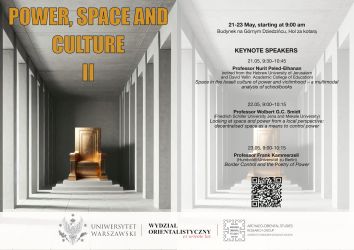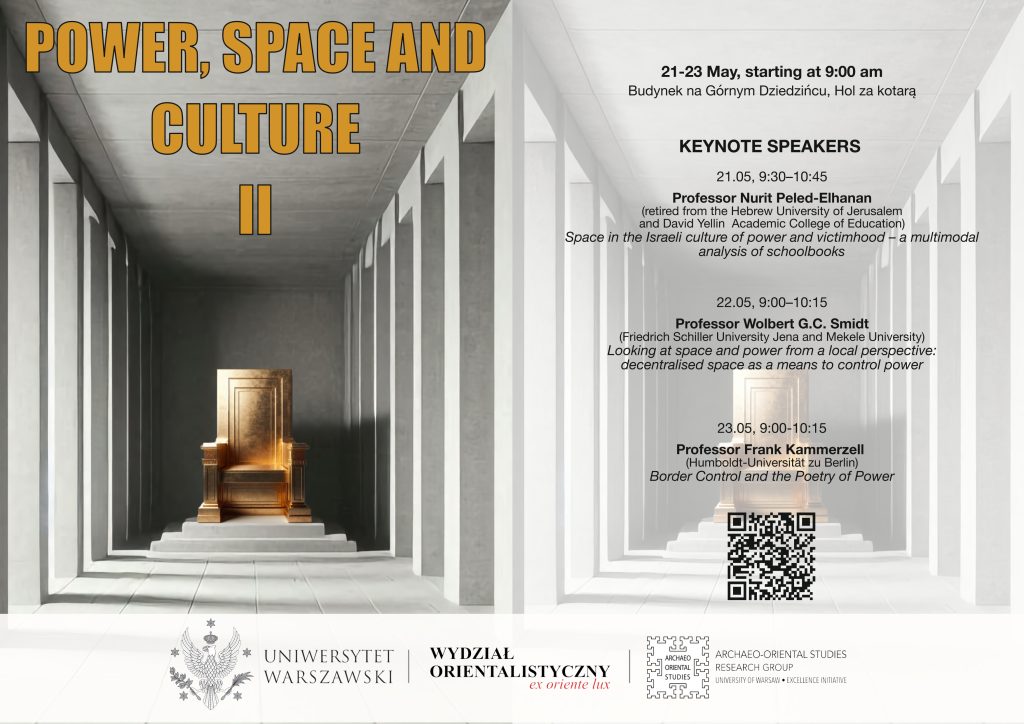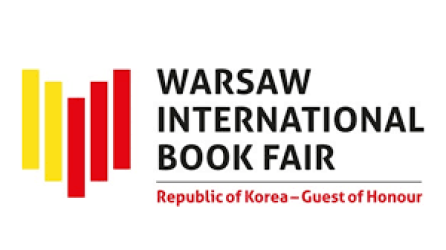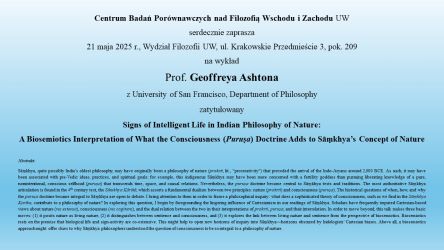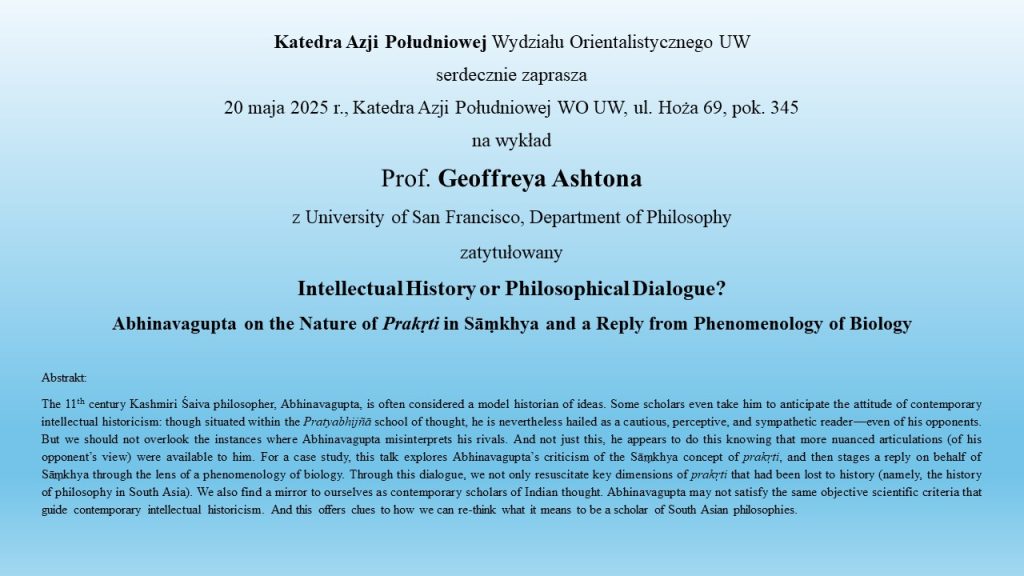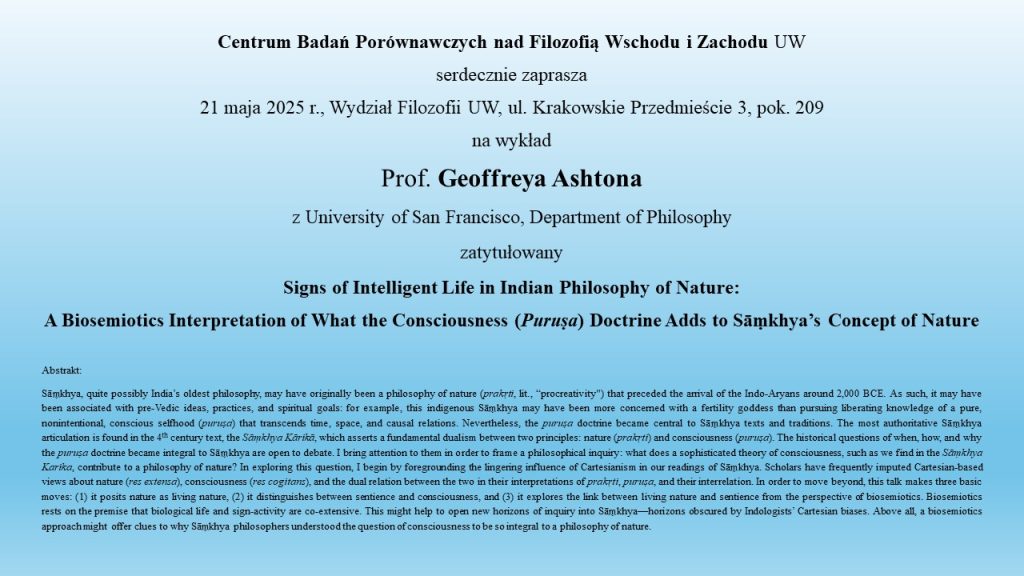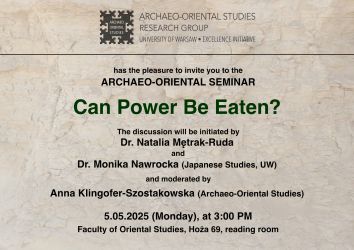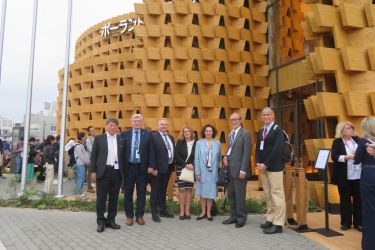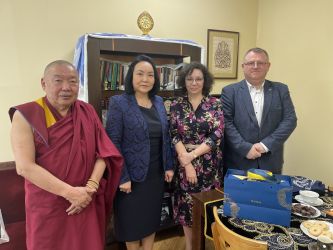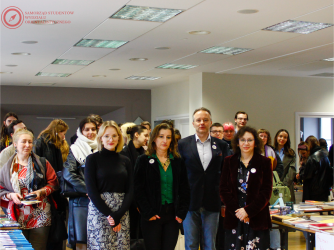With the opening of the World EXPO 2025 in Osaka, we are launching the ‘Polish-Japanese Partnership for Security and Sustainable Development’ project, implemented under the Polish National Agency for Academic Exchange (NAWA) Program ‘Direct to EXPO 2025’.
On April 22nd, a delegation from the University of Warsaw, including the Vice-Rector for Research, Prof. Zygmunt Lalak, the Vice-Rector for Cooperation and Human Resources, Prof. Sambor Grucza, the Dean of the Faculty of Oriental Studies, Prof. Agata Bareja-Starzyńska, and the Head of the Chair of Japanese Studies, Prof. Iwona Kordzińska-Nawrocka, took part in the inauguration of the Days of Polish Science and Education at the Poland Pavilion in Osaka.
On April 23rd, the Poland Pavilion hosted participants of seminars organized by NAWA in cooperation with the Faculty of Oriental Studies and the Faculty of Political Science and International Studies at UW. NAWA Day was an opportunity to present achievements to date and discuss prospects for further development of Polish-Japanese academic cooperation. It was attended by more than 20 representatives from Japanese universities, think tanks, and diplomatic circles. Poland was represented by, among others, the Vice-Minister and Undersecretary of State at the Ministry of Science and Higher Education, Dr. Maria Mrówczyńska; the President of the Conference of Rectors of Academic Schools, Rector of UAM, Prof. Bogumiła Kaniewska; the Director General of NAWA, Dr. Wojciech Karczewski; as well as delegations from AGH University of Krakow, Medical University of Gdansk, Warsaw University of Life Sciences (WULS-SGGW), University of Gdansk, Jagiellonian University, Fryderyk Chopin University of Music, Nicolaus Copernicus University in Torun, University of Silesia in Katowice, and the Foundation for the Development of the Education System.
On April 24th the UW Vice-Rector, Prof. Zygmunt Lalak, delivered a special lecture at the Faculty of Law, University of Tokyo, entitled European Universities in a Period of Global Turbulence: Navigating Challenges, Ensuring Stability. This was followed by a Polish-Japanese seminar entitled Exploring the Dimensions of Intercultural Communication held at the International Christian University (Tokyo) on April 25th, with the participation of the UW Vice-Rector, Prof. Sambor Grucza, who gave a lecture entitled Shaping the Future. 4EU+ Alliance – an Example of a New Dimension of Academic Collaboration and Cooperation in Europe. Dean of the Faculty for Oriental Studies, Prof. Agata Bareja-Starzyńska, presented a paper on Intercultural Dialogue and Mutual Understanding as Part of Global Citizenship Education. The presentation by Japanese scholar, Prof. Iwona Kordzińska-Nawrocka, concerned issues of cultural transfer on the example of Polish translations of Japanese literature.
The scientific meetings held in Japan by the UW delegation are an integral part of the project ‘University of Warsaw towards the Challenges of the Modern World. Polish-Japanese Partnership for Sustainable Development.’ The topics of the upcoming conferences and lectures scheduled for July 2025 will concern security in the broadest sense, sustainable development, the idea of Society 5.0, and others. These issues, which include the effects of climate change, the protection and improvement of the natural environment, as well as the problem of security and the ethical use of tools based on artificial intelligence, are closely linked to the theme of the World Exhibition EXPO 2025 Designing Future Society for Our Lives.
The ‘UW at EXPO 2025’ project is coordinated by the Faculty of Oriental Studies, which acts as a liaison between the UW interdepartmental team and Japanese universities, research institutions, and think tanks. The team consists of academics representing the humanities, social sciences, and exact sciences. A student workshop and symposium, as well as “Polish Days in Kansai,” will also be part of the event. This project has been supported by the Polish National Agency for Academic Exchange under the International Scientific Event at the World EXPO 2025 in Osaka, Kansai (Agreement No.BPI/OSA/2024/1/00020/DEC/01).
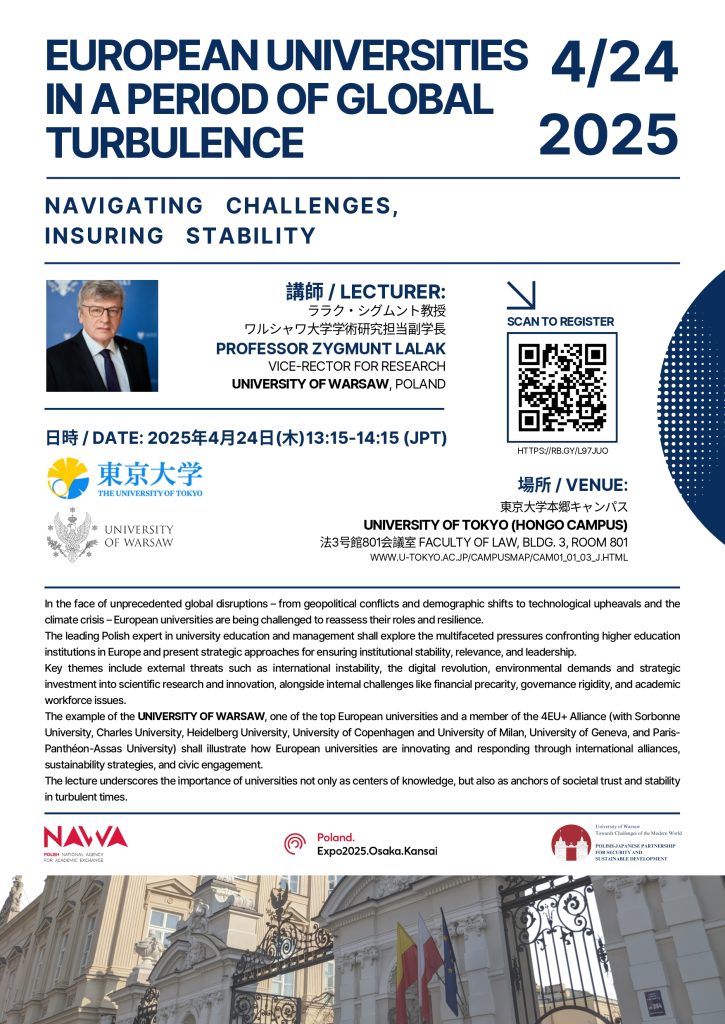
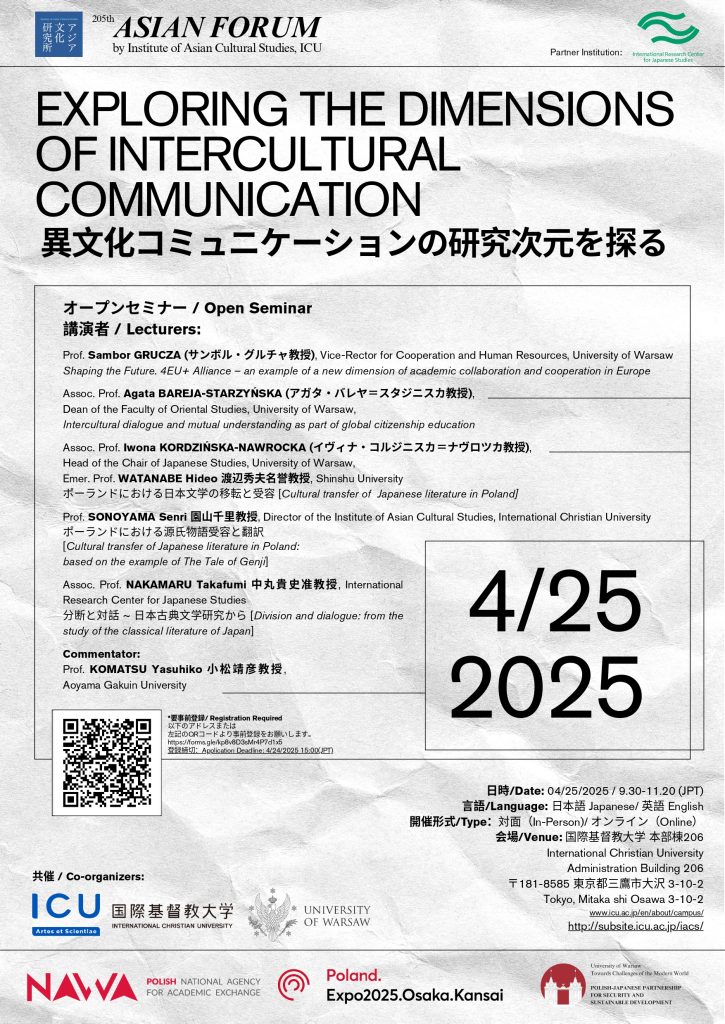

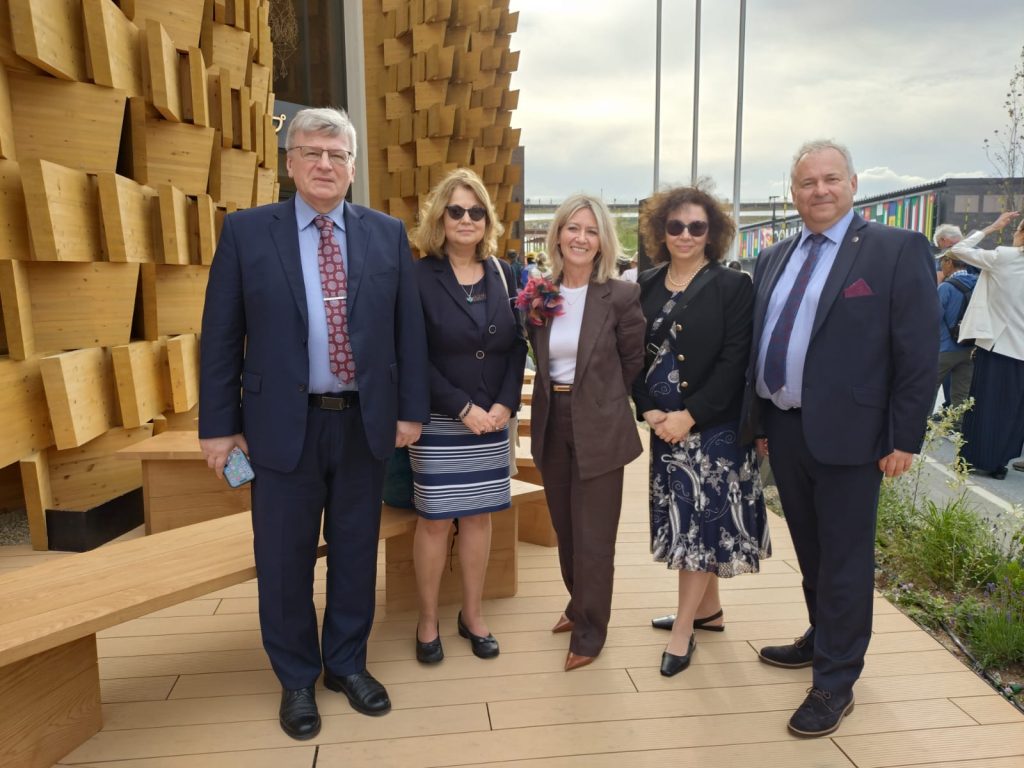
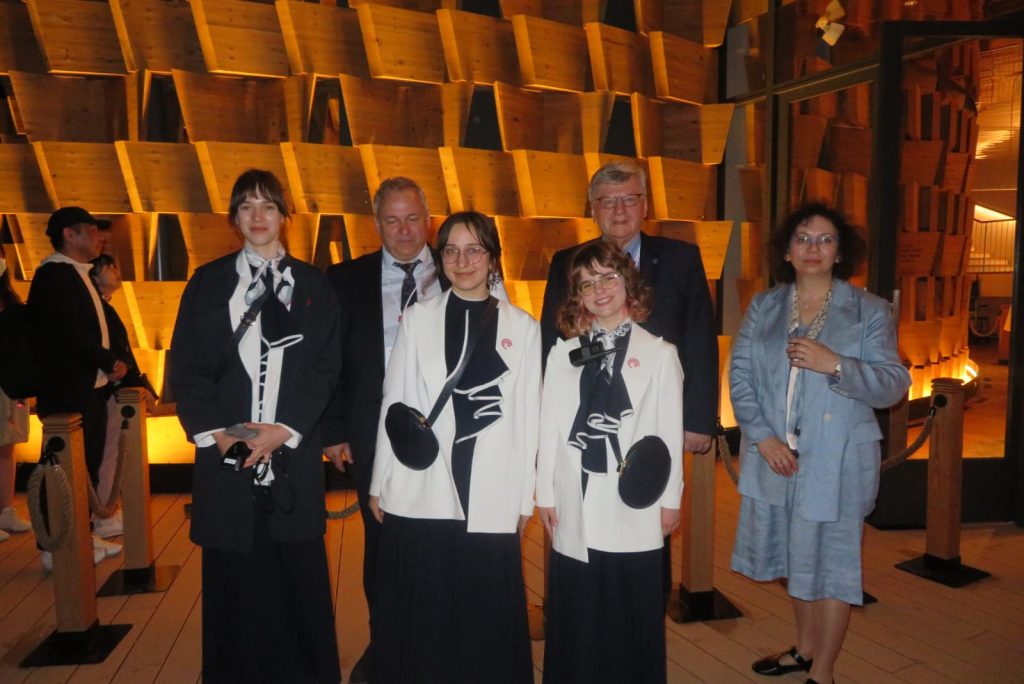
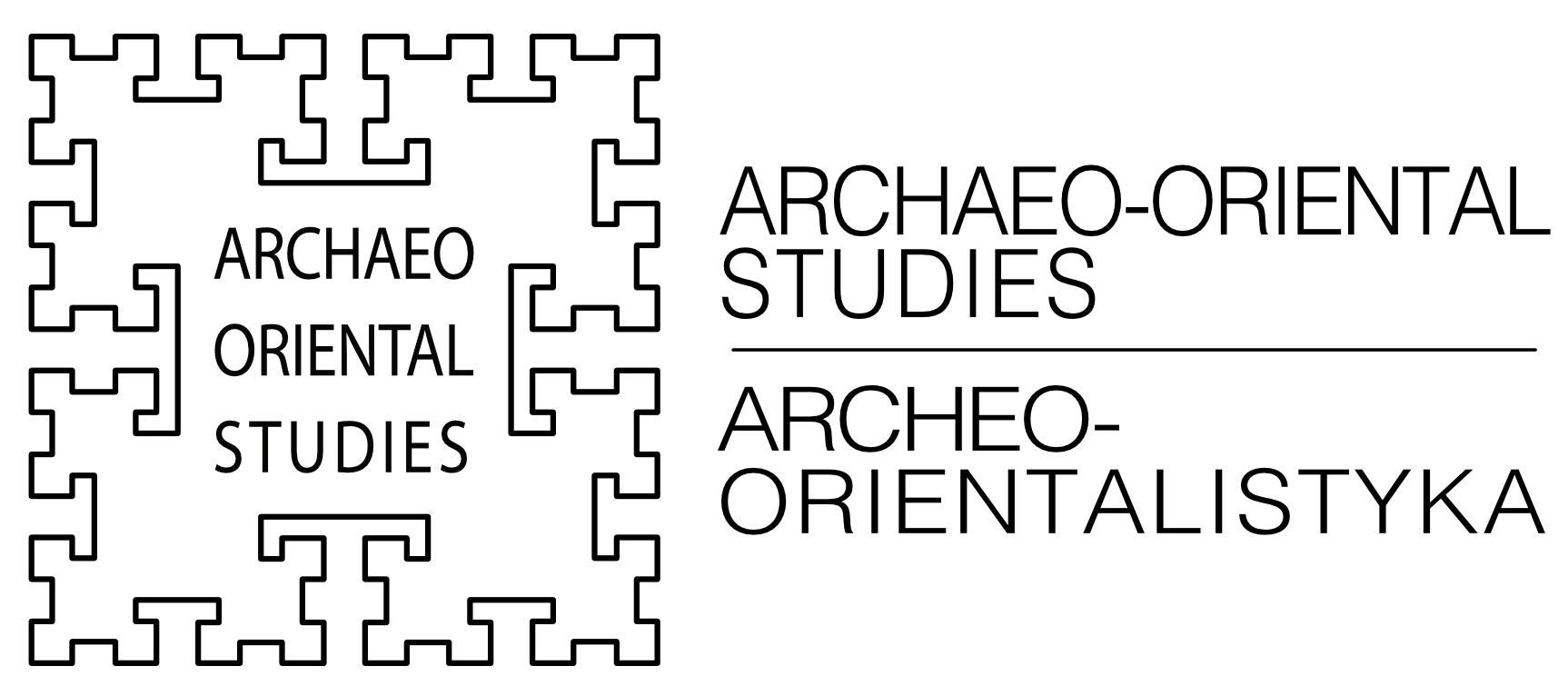











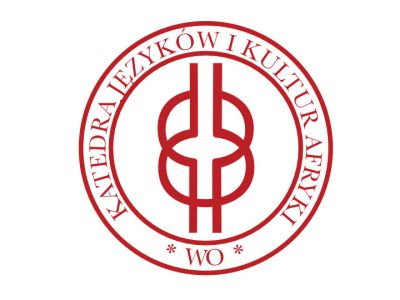
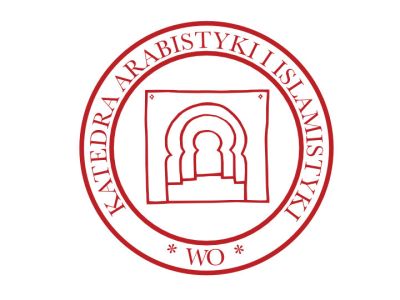
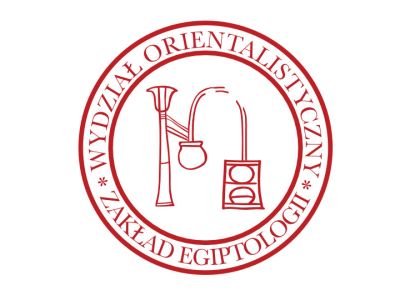
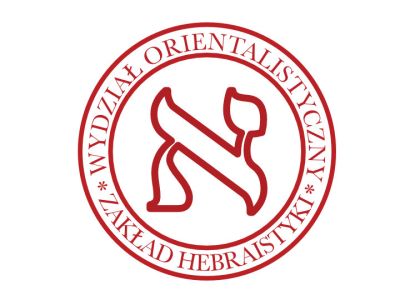
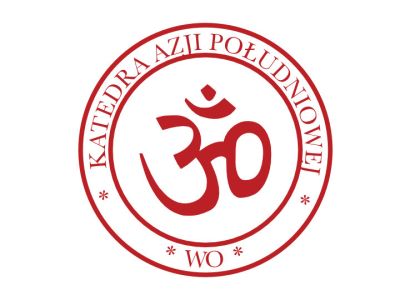
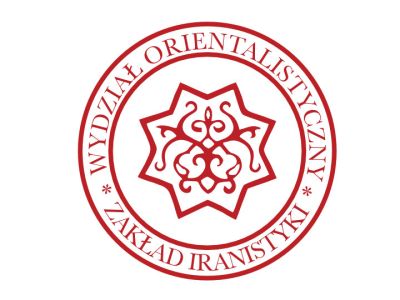
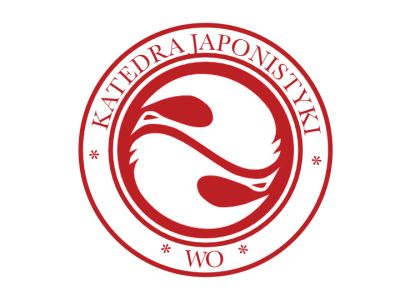
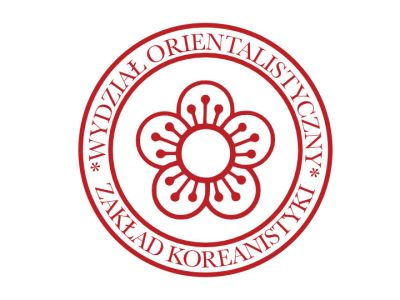
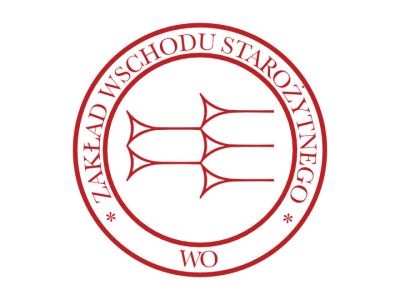
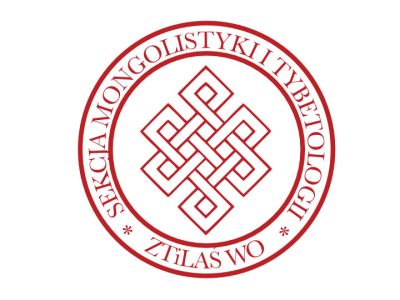
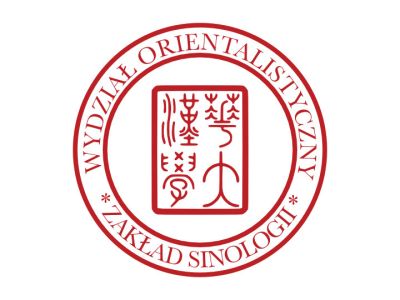
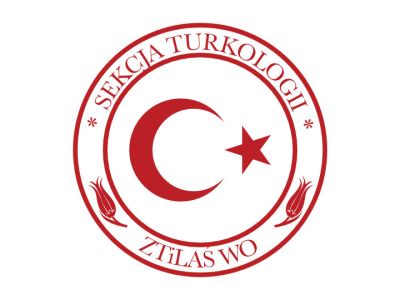
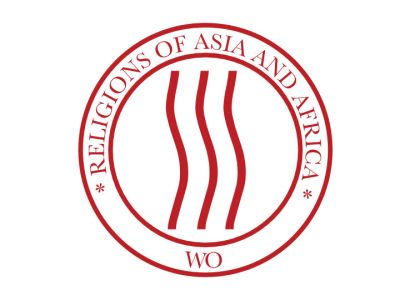
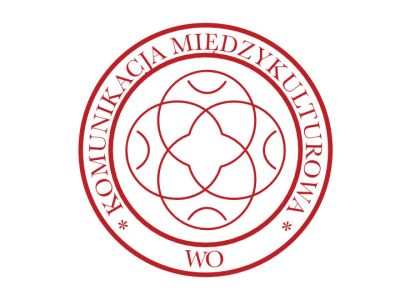
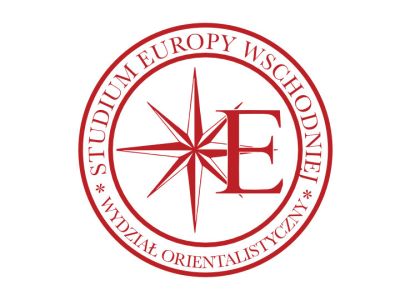

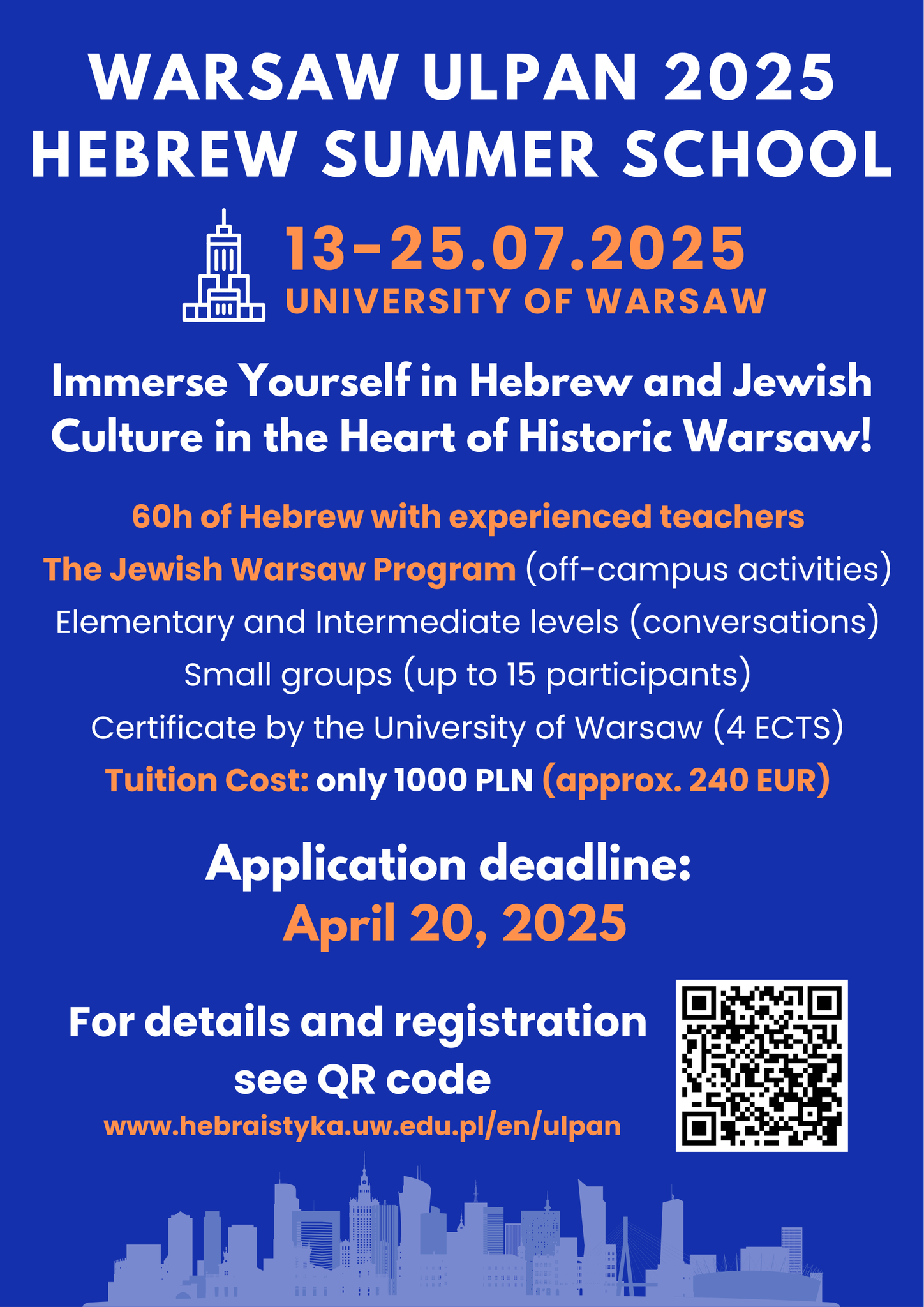
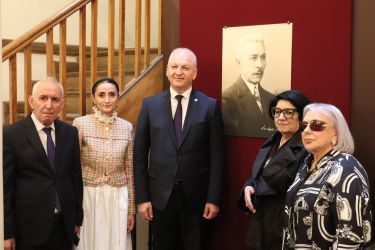
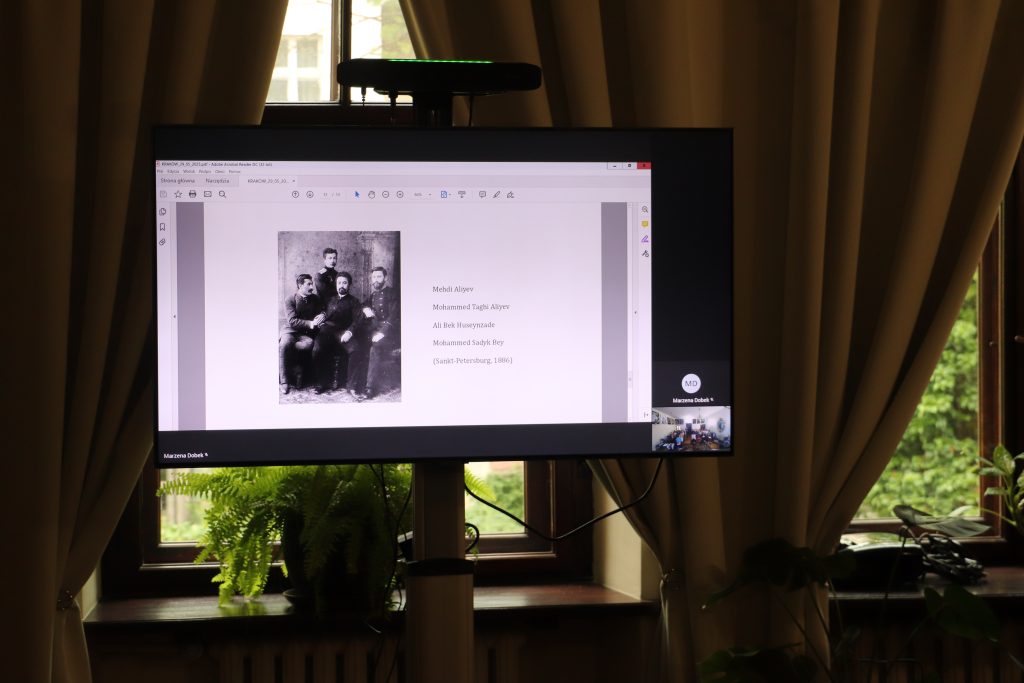
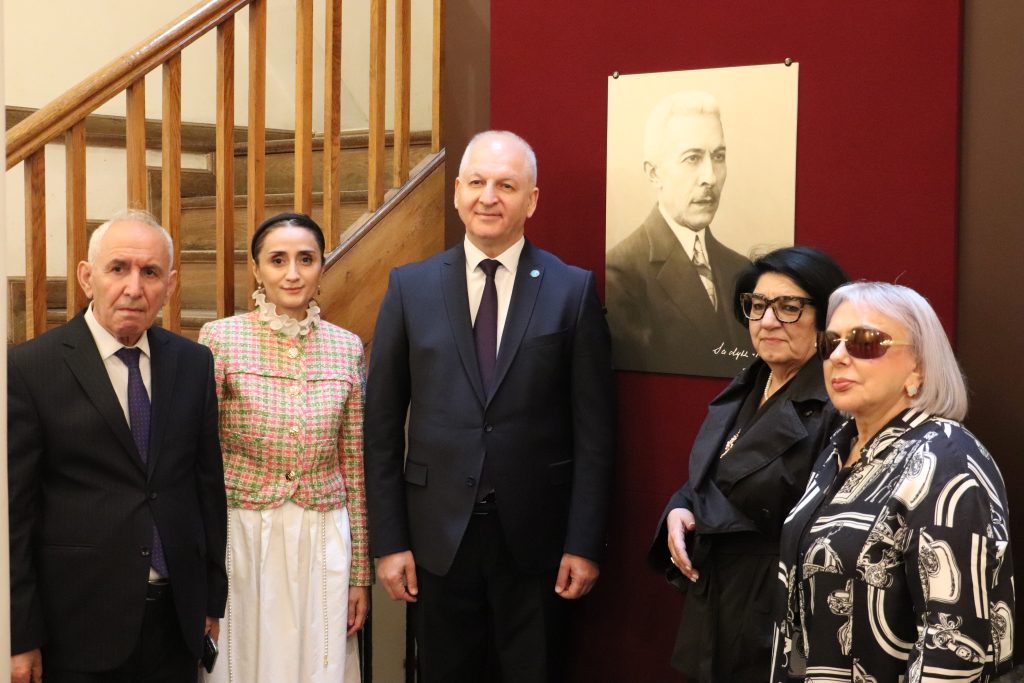
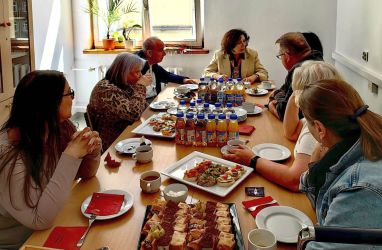
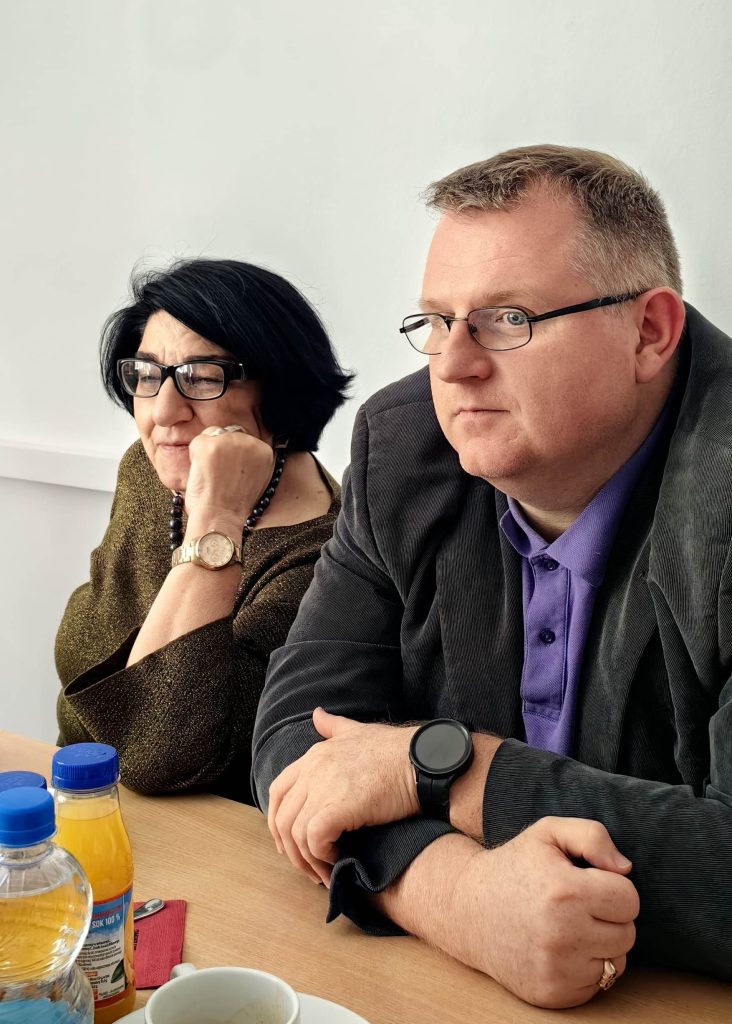
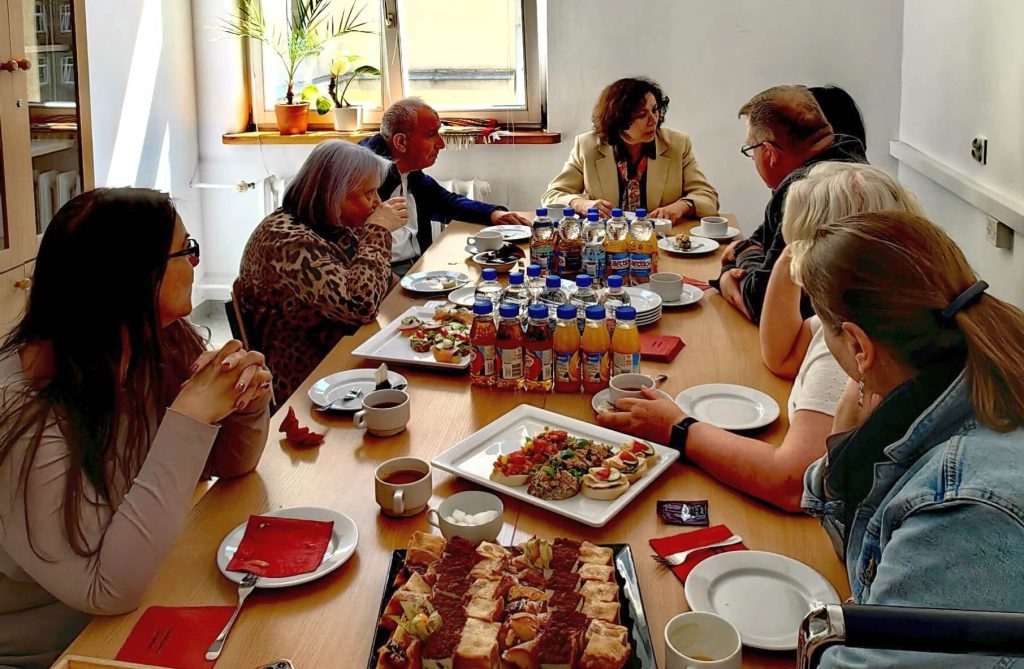

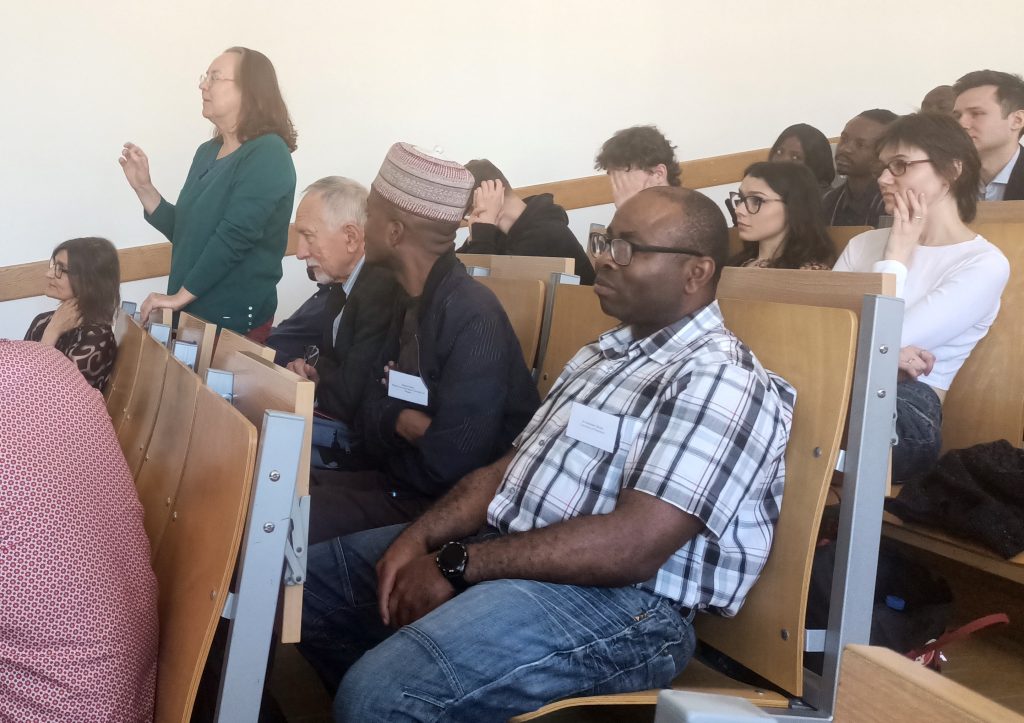
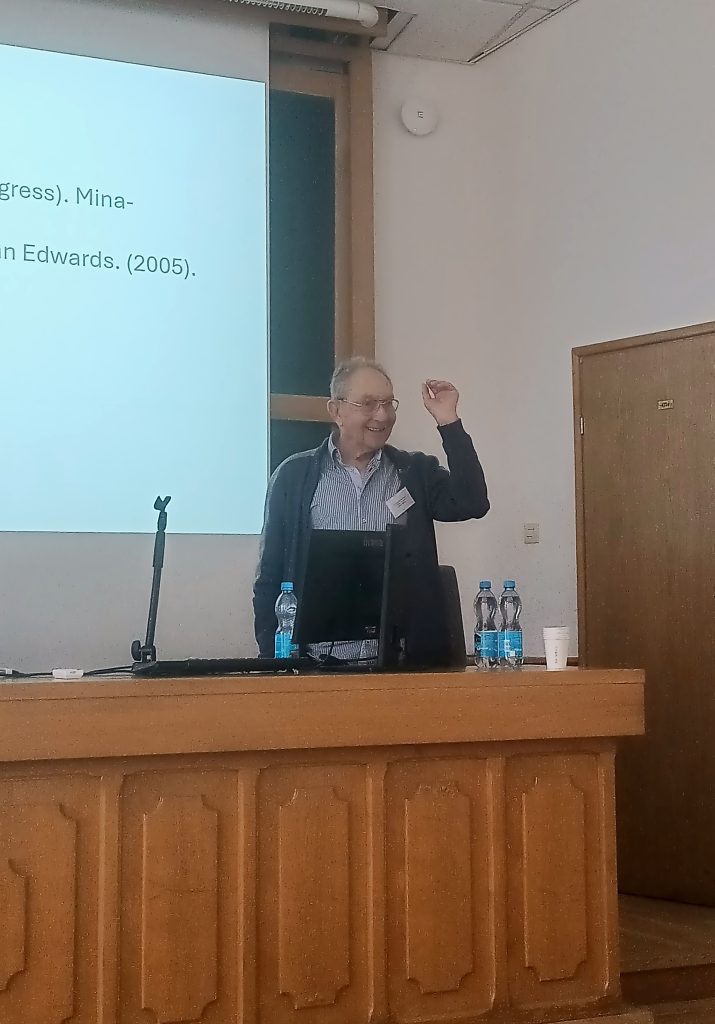
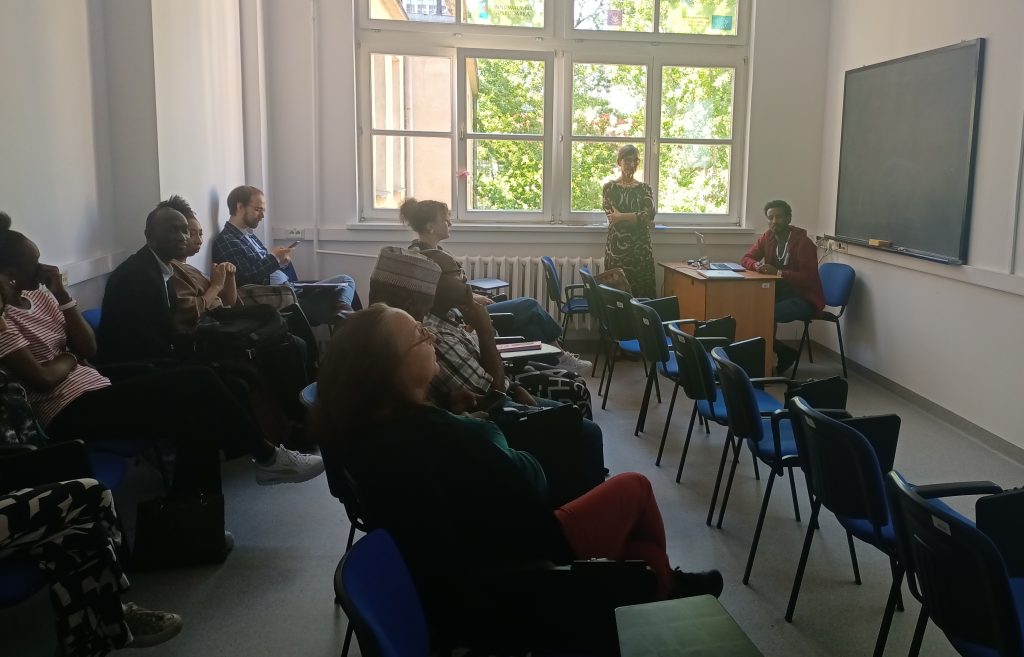
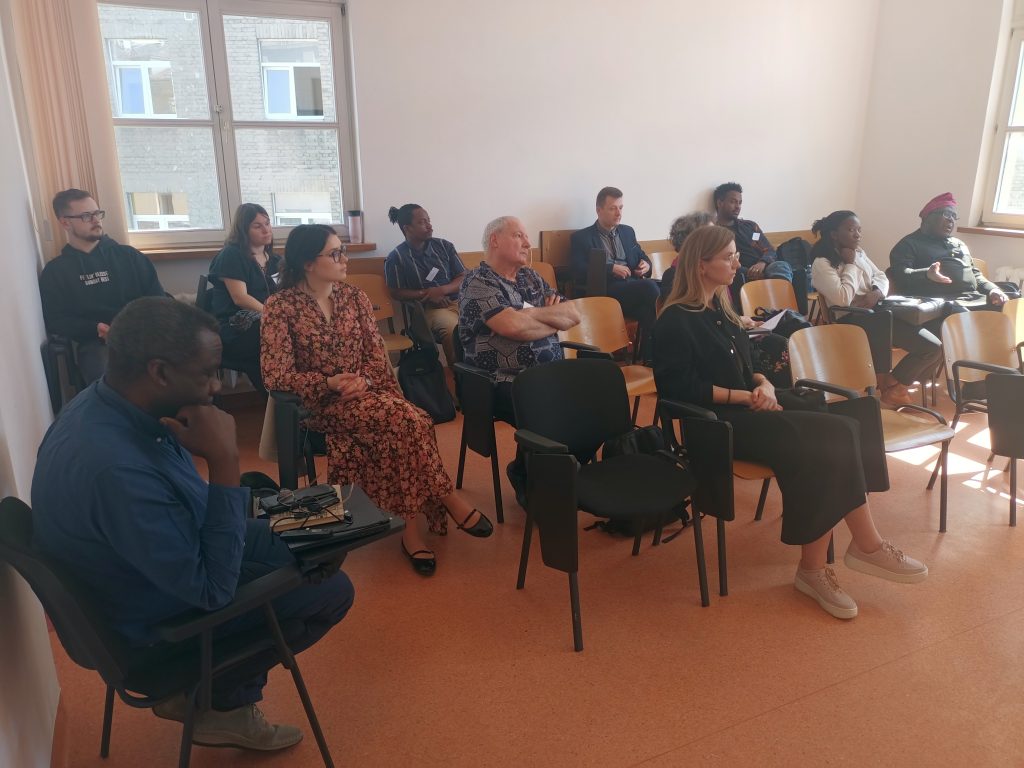
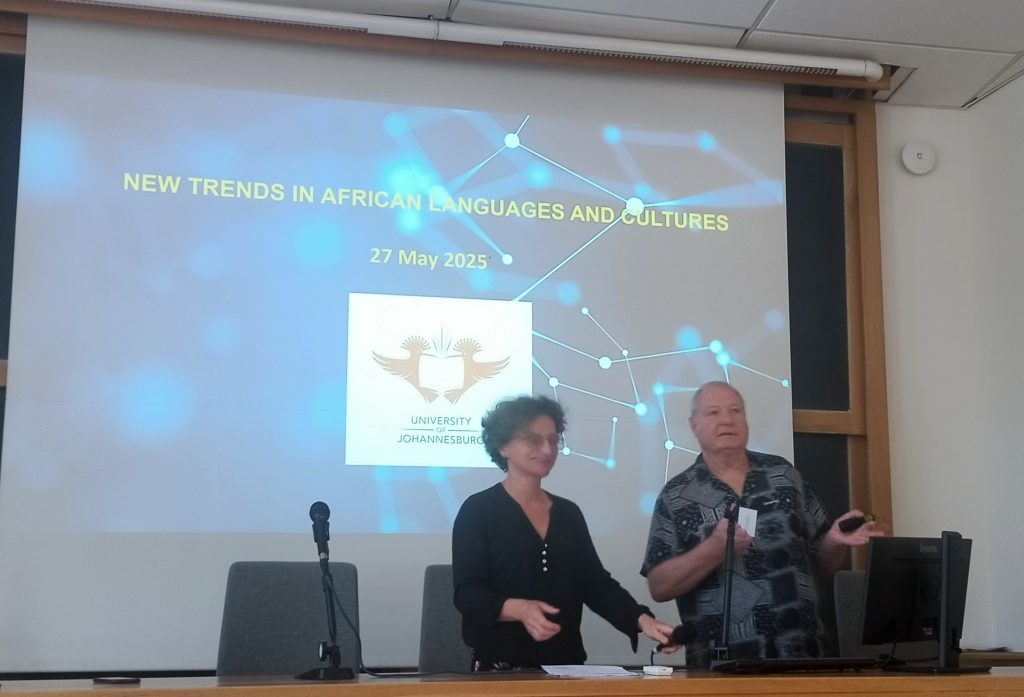
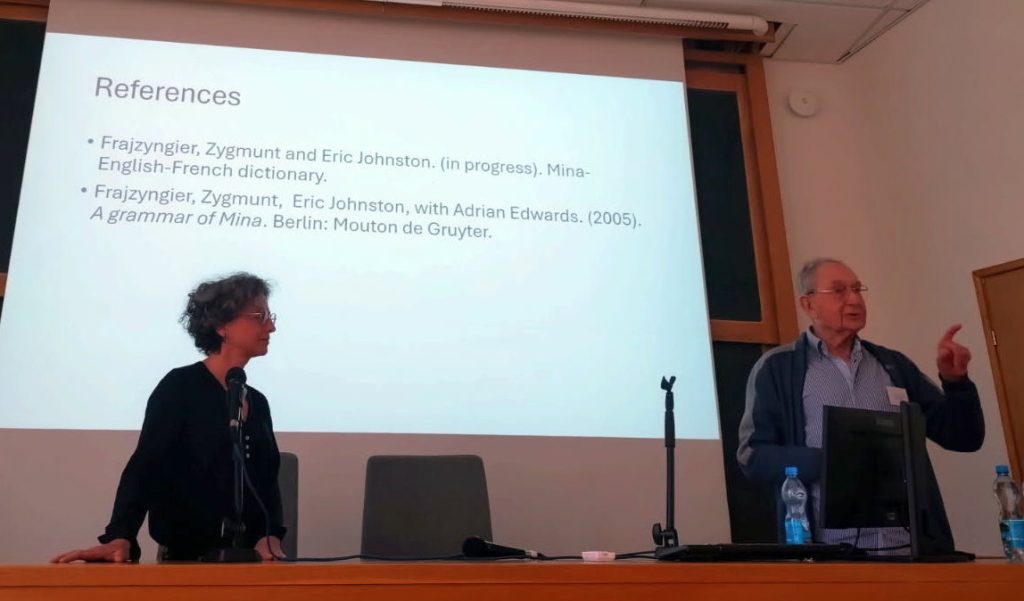
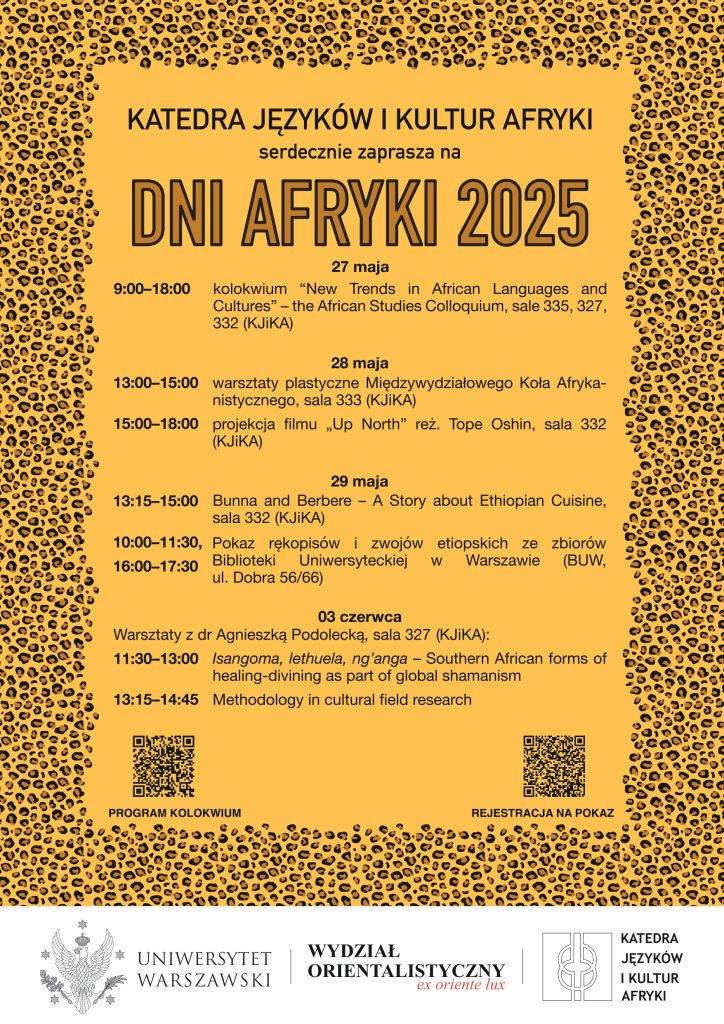 Dni-Afryki_2025
Dni-Afryki_2025
